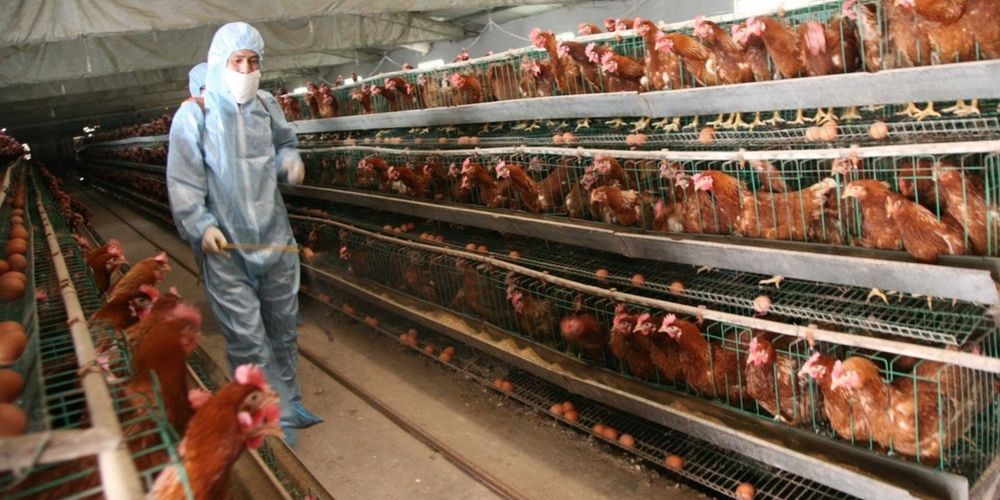15:38:14
Animals and Factory Farms, did you know this?
I had an interesting conversation both yesterday and today with an individual that had an intention that animals do not express pain nor depression. There is scientific proof of otherwise and usually the animal will react or show, you just need to learn how to read an animal. In this individual’s mindset, the easiest way was to execute the animal instead of helping it, even though there is a well-known veterinarian in the United Kingdom that specialized in animal rehabilitation. Most animals involved in the meat- and dairy industry have mental- or/and physical challenges, some can be treated, some have reached the end of the line. When I informed this individual that the mindset meant no difference to the animal, both choices end up in death, either the animal is slaughtered to become a slab of meat on your plate or its life is ended due to humanities unwillingness to rehabilitate the animal. All animals are adaptable to change, if they were not then they would not survive in the breeding factories. It was both sad and frustrating that this human was so heartless and careless, yet a vegetarian.
11 interesting facts;
- A "factory farm" is a large-scale industrial operation that houses thousands of animals raised for food, such as chickens, turkeys, cows, and pigs and treats them with hormones and antibiotics to prevent disease and maximize their growth and food output.
- Animals are fed corn, wheat and soy that are grown through intensive industrial farming that use large amounts of pesticides, which can remain in their bodies and are passed on to the people who eat them, creating serious health hazards in humans.
- The beaks of chickens, turkeys, and ducks are often removed in factory farms to reduce the excessive feather pecking and cannibalism seen among stressed, overcrowded birds.
- A typical supermarket chicken today contains more than twice the fat, and about a third less protein than 40 years ago.
- 2 in 3 farm animals in the world are now factory farmed.
- Confining so many animals in one place produces much more waste than the surrounding land can handle. Thus, factory farms are associated with various environmental hazards, such as water, land and air pollution.
- The pollution from animal waste causes respiratory problems, skin infections, nausea, depression, and even death for people who live near factory farms.
- Dairy cows typically live to their third lactation before being culled. Naturally, a cow can live for 20 years.
- Hog, chicken, and cattle waste has polluted 35,000 miles of rivers in 22 states and contaminated groundwater in 17 states.
- Egg-laying hens are sometimes starved for up to 14 days, exposed to changing light patterns and given no water in order to shock their bodies into molting. It’s common for 5% to 10% of hens to die during the forced molting process.
- Worldwide, about 70 billion farm animals are now reared for food each year.
